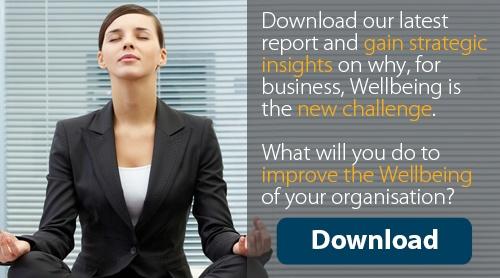
While our health is critical to our feeling of wellbeing, so is our diet critical to our health. The 21st Century diet of pre-processed packaged convenience foods and fast food on the run tends to be high in unhealthy fats, sugars and salt.
This is leading directly to people becoming overweight and suffering with health problems. Intensive farming with the use of fertilisers and pesticides has taken a lot of the nutrients out of the soil so that even much of our fresh fruit and vegetables are lacking a lot of the goodness and nutrition that were present 50 years ago.
Our lifestyles are adding to the problem with people eating out much more than they used to, often from fast food outlets. People cook less and because of the increased pace of life tend to opt for speed and convenience ahead of nutrition. And people snack on the go – often very unhealthy snacks such as chocolate bars or potato crisps.The first full of sugar and fat, the second loaded with salt and fat.
This trend can be seen in the proliferation of fast food outlets in every town centre. Where 50 years ago there might have been a fish and chip shop, a Berni Inn and a curry house, you’ll now find McDonald’s, Burger King, Kentucky Fried Chicken, kebab vans and more. To illustrate the expansion, McDonald’s opened their first restaurant in the UK in 1974, by November 2014 they had 1249 outlets throughout the country.
Many will be familiar with the afternoon slump in the workplace.
Those who have eaten a heavy meal become much slower in the afternoon as blood is diverted from the brain to the digestive system. A lighter meal of quick snacks is likely to be a high carb / high sugar lunch which gives an immediate energy boost followed by a slump as the body secretes insulin to counteract the excessive sugar in the bloodstream. This leads to yo-yo swings of energy and alertness followed by sluggishness and an inability to concentrate.
The World Health Organisation recommends reducing the added sugar in our diets to just 5%-10% of the total. Sugar is added to virtually all the processed food we eat and drink so it’s very easy to consume too much. For example, a single can of Coke contains almost 10 teaspoonsful of sugar amounting to 140 calories and between 5%-6% of an adult male’s daily calorie requirement.
Eating too much sugar puts a huge strain on the pancreas and leads to diabetes as the body becomes unable to continue to create and secrete the insulin necessary to counter the over indulgence in sugar. The graph shows the shocking increase in cases of diabetes in the UK from 1.4 million in 1996 to 2.9 million by 2013. Estimates suggest that could be as high as 5 million cases by 2025.
Diabetes sufferers are also at greater risk of a range of other health complications including:
• Cardiovascular disease
• Blindness
• Amputation
• Kidney disease
• Depression
• Premature death
What can be done in the workplace?
Larger companies that have a staff cafeteria need to ensure there are healthy and nutritious options available on the menu. Where there are vending machines for the staff, make sure they are stocked with healthy options.
Encourage and educate your staff on the benefits of healthy eating. This can be through displays in the staff cafeteria or lunchtime talks with, perhaps, an incentive scheme to increase attendance.
Allow time for a proper lunch hour. Encourage staff to eat away from their desks and have a proper break. Returning to work refuelled and having had some fresh air will make your workforce much more productive in the afternoon than working through without a break. Ensure there is drinking water freely available as well as teas and coffees.
Look at workplace habits. Are there any unhealthy habits such as a Friday team meeting with doughnuts? Change the habits – replace the doughnuts with fresh fruit, dried fruit and nuts, or some other healthy alternative. Some larger city firms arrange for fresh fruit deliveries for their staff.
A lot can be done to encourage your employees to adopt a healthier diet without it necessarily costing a great deal. And the increased productivity and reduction in mistakes caused by foggy thinking should more than repay the investment.
More from Vistage:
Our gift to you...
Apply now for your personal leadership consultation with a Vistage Chair. They'll help you assess areas of strength of your business and identify areas of potential growth.

